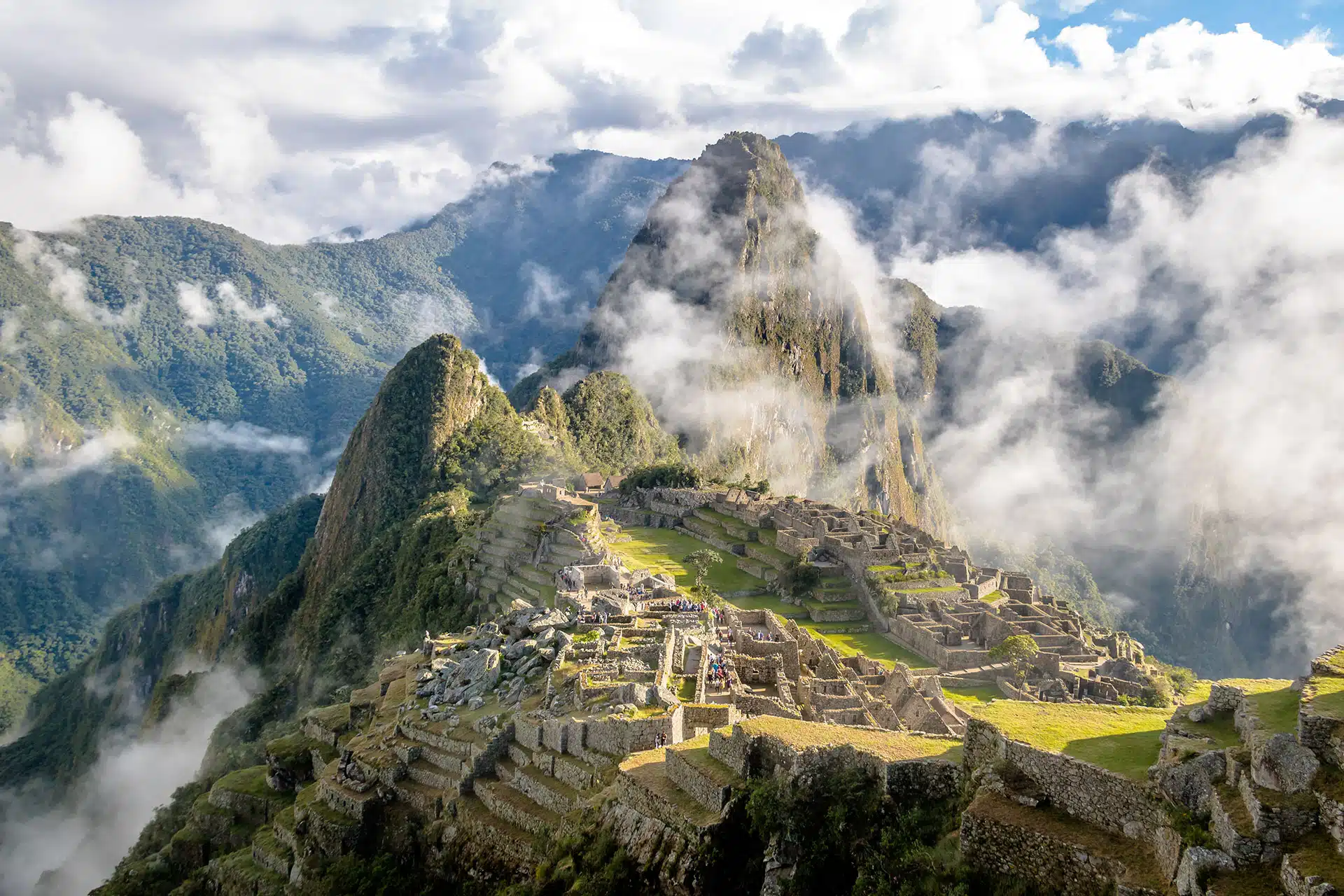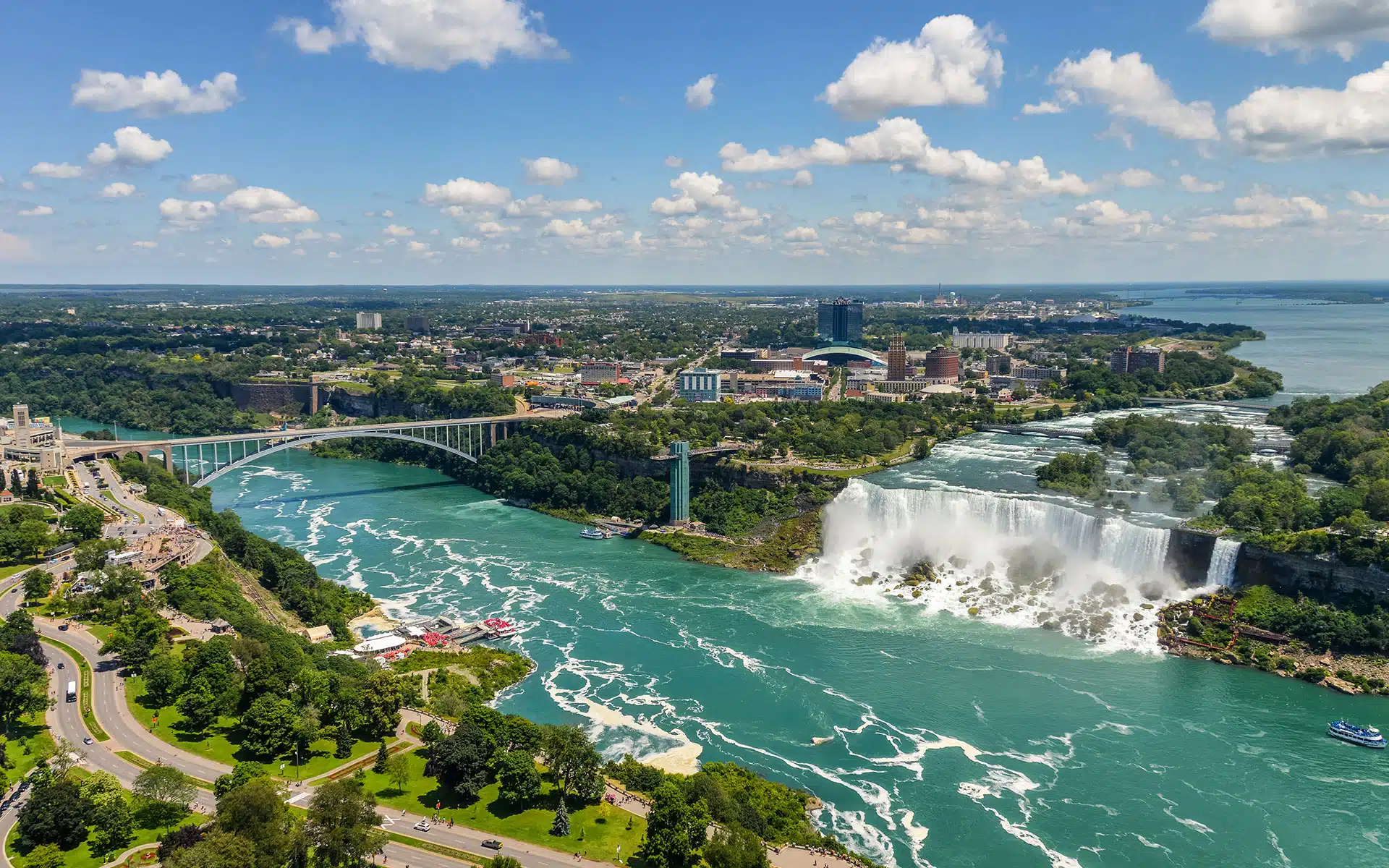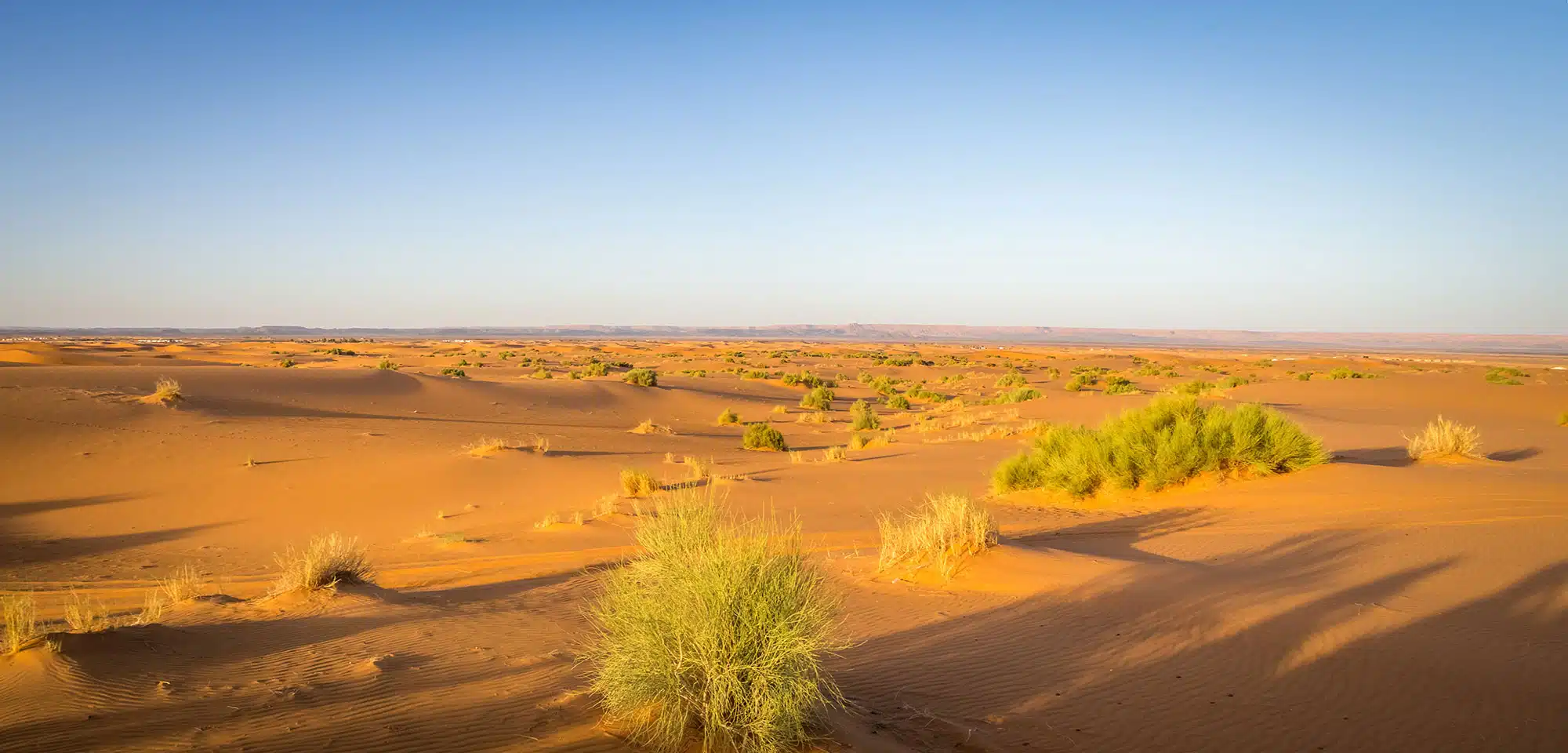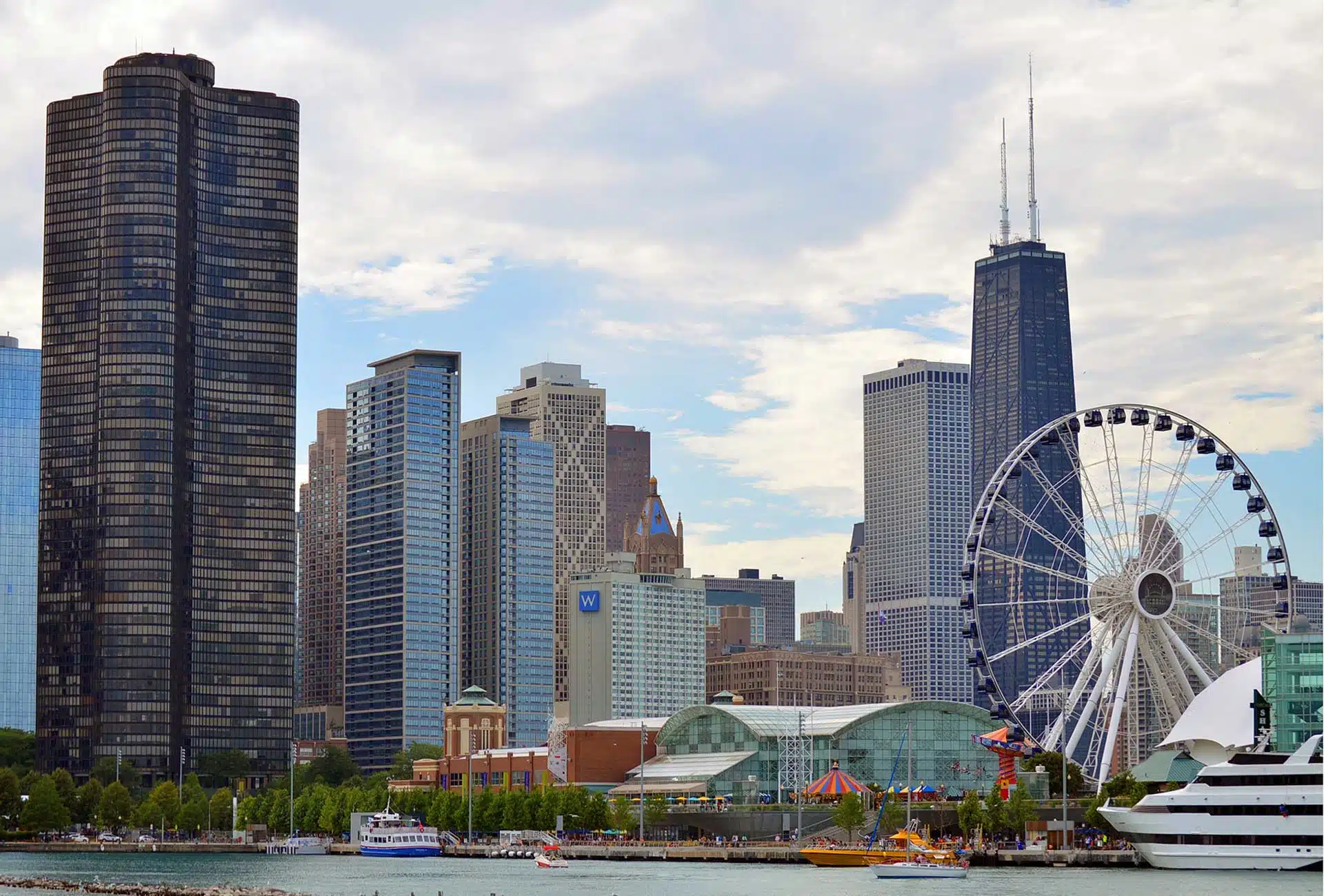There is a hidden paradise in Southwest China where the water originates from the Yangtze River, and the mountains extend to Kunlun. People’s Daily Online West USA Inc launched “Magic Guizhou” to increase awareness of China’s Guizhou Province.
Numerous rivers run through these ravines, which are surrounded by lush, steep mountains. Many ethnicities call this land home. The people of this area have maintained a harmonious and respectful relationship with the natural world for thousands of years. Guizhou is a city of wonders and colors.
The Miao people, who immigrated to Guizhou over 4,000 years ago, still live in the Guizhou hinterland.
For the Miao people who live on Yueliang Mountain, loud gunshots break through the morning silence each day. The last remaining riflemen’s group in China is based in Congjiang County, Yisha.
The village welcomes distinguished guests by firing gunshots into the sky when they arrive. The riflemen have the greatest respect for nature. Spiritually, the Miao people of Yisha are bound to their designated trees.

Each person has three trees in their life. To protect their child throughout their lives, parents plant a tree when a child is born. On the first day of each new year or any other major holiday, the person pays respect to the tree. The casket will be made from the tree when the deceased person passes away.
A village figure assigns a tree for every child who turns 15 at the end of their childhood to ensure that they reach adulthood. The tree is known as “Xiaozaishu”, which means “tree that prevents bad luck”. The boy and girl must worship their tree from childhood until adulthood. These people believe that all things in nature have a spirit, and humans should be grateful for it instead of trying to possess or exploit it.
“Changqingshu”, which means “evergreen”, is the third tree of life. After someone dies, the tree is placed right above the burial location. This signifies that life continues in another form.
People in Yisha connect with each other through their trees and their ancestors through their hair. A haircut is a significant event for men in Yisha. Although the hair-shaving ceremony may seem simple, it is a symbol of deep-rooted relationships between people and their ancestors. A man’s hair braid also represents a tree. To ensure better growth of the tree, the “wild grass” (the hair around the braids) must be mown at least once a week.
Guizhou is rich in colorful customs and cultures. These customs are used to make clothes and songs. These customs and cultures are both tangible and intangible. They thrive in this land where they shine with their uniqueness.














